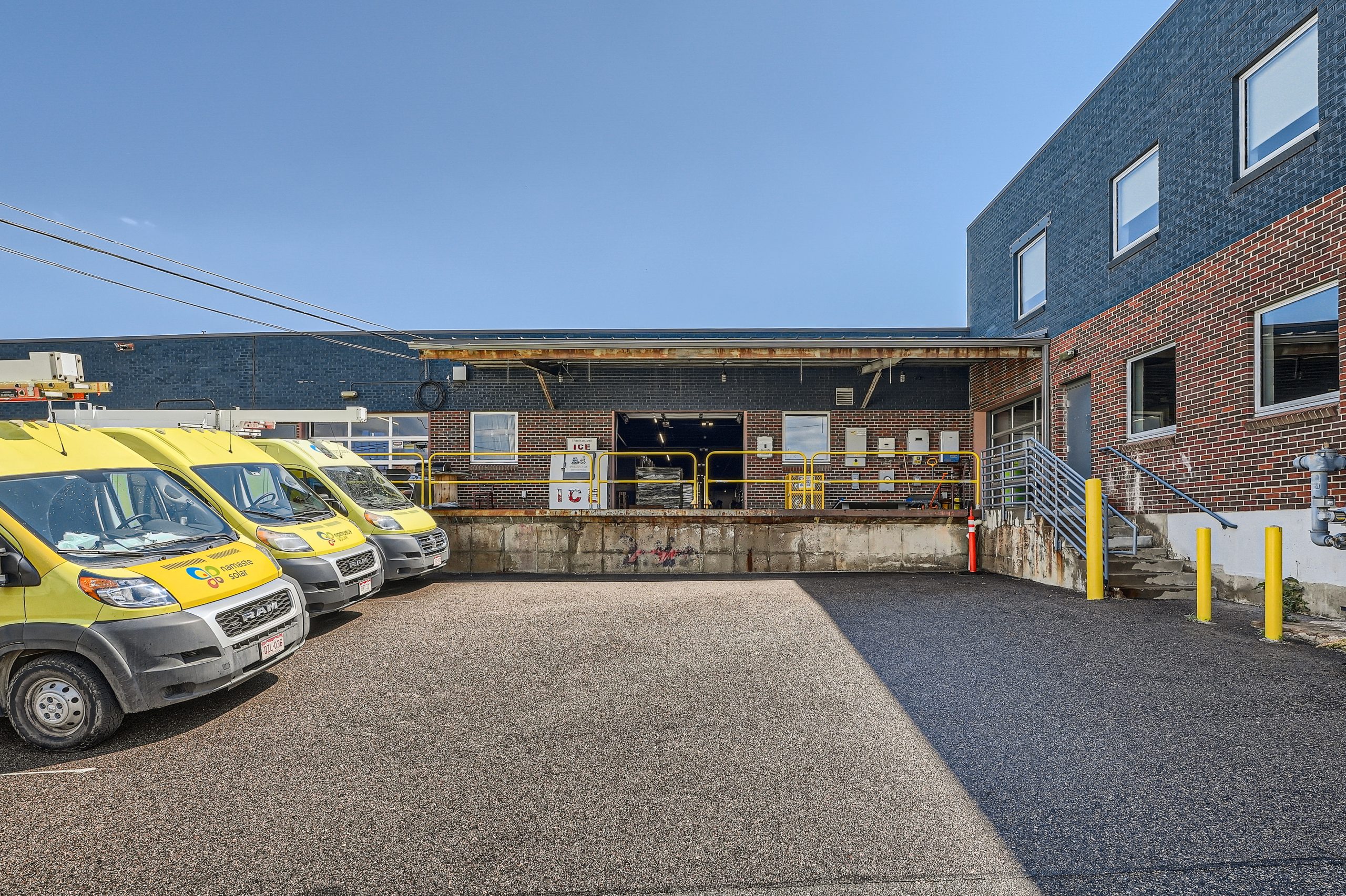Denver, Colorado has rapidly emerged as one of the most competitive industrial real estate markets in the United States. Driven by its strategic geographic position, expanding infrastructure, and strong regional economy, Denver offers exceptional opportunities for investors, owner-users, and developers seeking industrial property for sale.
Benchmark Commercial Real Estate provides dedicated buyer representation, helping clients navigate Denver’s tight industrial market and secure properties aligned with long-term operational and investment goals.
Denver Industrial Real Estate Market Overview
Denver’s industrial market continues to experience strong demand with limited available inventory. Industrial vacancy rates across the metro remain below 5%, reflecting sustained absorption from logistics, manufacturing, construction services, and technology-driven operations.
The city’s central location within the Mountain West positions Denver as a critical distribution and logistics hub serving the western United States. As supply struggles to keep pace with demand, industrial ownership in Denver remains a strategic asset for businesses seeking stability and appreciation.
Key Drivers of Industrial Demand in Denver
Strategic Transportation Infrastructure
Denver sits at the intersection of major freight corridors including I-25, I-70, and I-76, enabling efficient regional and interstate distribution. Denver International Airport (DEN) further strengthens the city’s logistics profile as a major air cargo gateway.
E-Commerce and Last-Mile Distribution Growth
The continued expansion of e-commerce has increased demand for last-mile distribution facilities closer to population centers. Denver’s proximity to a large consumer base makes it an ideal market for fulfillment centers and service-based industrial users.
Economic Growth and Workforce Availability
Denver’s diversified economy supports long-term industrial stability. Access to a skilled labor force in logistics, manufacturing, and technical trades enhances operational efficiency for industrial businesses.
Types of Industrial Property for Sale in Denver
Warehouses and Distribution Centers
Warehouse properties represent the core of Denver’s industrial inventory. These buildings range from small owner-user facilities to large-scale distribution centers exceeding hundreds of thousands of square feet. Typical features include dock-high loading, grade-level doors, clear heights suitable for racking, and secured yards.
Manufacturing Facilities
Manufacturing properties in Denver support light and heavy industrial uses, including fabrication, assembly, and specialized production. Many facilities offer reinforced floors, upgraded power, and flexible layouts adaptable to evolving processes.
Flex Industrial and Business Parks
Flex industrial properties combine office and warehouse space under one roof, offering versatility for service companies, technology users, and growing enterprises. Business parks with multiple flex buildings provide scalable solutions for expanding operations.
Considerations When Buying Industrial Property in Denver
Location and Operational Efficiency
Proximity to highways, rail access, and population centers directly impacts shipping times and labor accessibility. Denver submarkets vary widely, making location strategy a critical factor in acquisition decisions.
Zoning and Regulatory Compliance
Industrial zoning in Denver differs by submarket and intended use. Buyers must confirm permitted uses, outdoor storage allowances, and environmental compliance to avoid operational constraints.
Building Condition and Capital Planning
Evaluating roof condition, structural integrity, electrical capacity, fire suppression, and loading configurations is essential. Newer buildings may reduce capital expenses, while older properties can offer value-add opportunities.
Market Timing and Valuation Trends
Industrial pricing in Denver has appreciated steadily, with cap rates compressing due to high demand. Understanding comparable sales and future development pipelines is key to negotiating effectively.
Industrial Investment Outlook in Denver
The outlook for Denver industrial real estate remains strong. Continued population growth, logistics demand, and infrastructure investment support long-term value appreciation. Limited land availability near the urban core further reinforces ownership as a strategic advantage.
Emerging trends such as smart facilities, sustainability upgrades, and automation-ready buildings are expected to influence future development and acquisition strategies.
Why Work With Benchmark Commercial Real Estate
Benchmark Commercial Real Estate provides buyer-focused industrial representation designed to protect your interests from site selection through closing. Our approach prioritizes strategic planning, market intelligence, and disciplined negotiation.
Industrial real estate decisions affect operations, cash flow, and long-term growth. Benchmark Commercial ensures every acquisition supports your broader business objectives.


